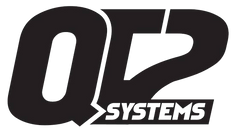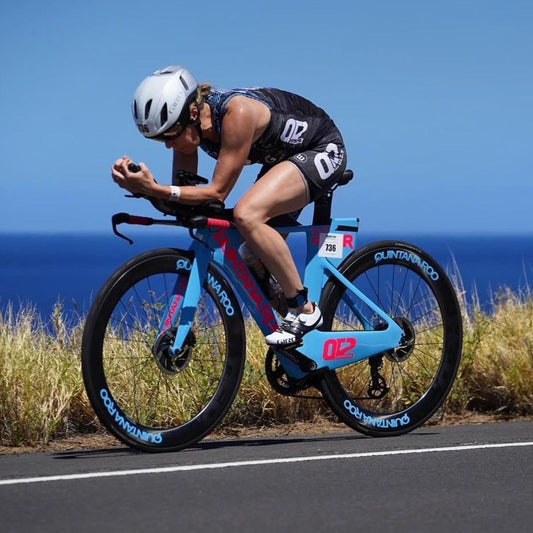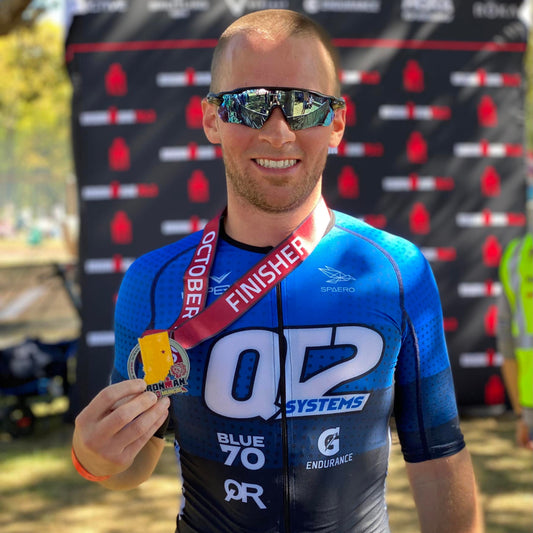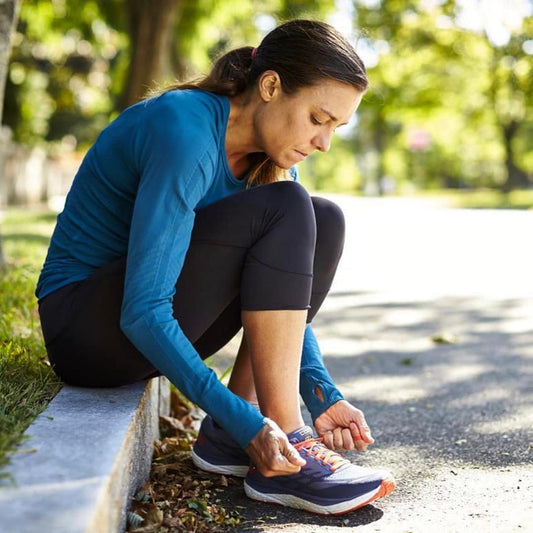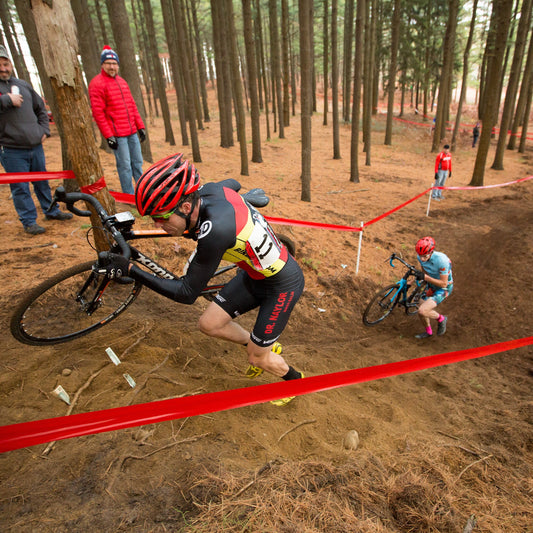Being in sport, especially triathlon, requires much from the body. We do what we can to recover well, rest, prehab before we rehab, foam roll, stretch; but sometimes, injury creeps up, and BAAM, the season has been diverted or finished before due time. Our grandeur thoughts and visualizations of an epic race season do not come to culmination, and will most likely NOT happen. It will happen to anyone in sport. I guarantee it. A setback or injury will sideline us from either a short term, or the long-term goal.
I remember a few major injuries throughout my life as an athlete. Injury took me out of collegiate sport prematurely. Injury and sicknesses sidelined me as an amateur a few times. In one of my pro years, I crashed my bike two times, in the same month, two weeks before a race. Yes, I had lots of boo-boos that month…. Setbacks are like thieves in the night and take away from what we foresee of how we think things SHOULD go.
Setbacks..."grrrrrrr."
Fellow athletes, we can all agree we do not like setbacks, but we can embrace some things that they may teach us. And by doing this, it helps us grow as athletes/people. I heard a quote the other day and it went like this, "Embrace your problems, they are there to help us grow" -Unknown. This reminds me of a time I listened to Lou Holtz speak (football coach legend). He said this, "always see the opportunity in the problem and not the problem in the opportunity". Can I hear an AMEN?
Here are eight things an injury or setback can teach us. I know for me they have helped and I hope they will for you!
1. It is not the end of the world. If we are healthy, we will heal, we will advance. Be thankful for the ability to heal and pray for those who can't.
2. If you are injured and can't do one or two disciplines, use the time away from the discipline as time to build a limiter you may have in the others. If you can still bike or run, then do that, and make yourself unstoppable in those. If you can't run, then swim a heck of a lot and same with bike. Become a "cyclist". Enter road races, time trials and do tours. Become a "swimmer". Find master’s swim meets, surf the web for open water competitions. Make yourself comfortable and confident in them. Use energy to learn to love and develop those disciplines and not to feel sorry for not being able to do the ones you can't do. Start to identify yourself as a force in the events you can do, so your whole triathlon performance will profit when you get back.
3. If you are injured in sport and have to take off all the disciplines, then find a skill that you want to develop away from the sport. Make yourself a better-rounded individual. Sport is important, but it is not life. Relax. Learn to identify yourself as more than just an athlete, but as a person. We are moms, dads, sisters, wives, husbands, artists, musicians, friends, writers, etc. It could be as simple as spending more time with family and friends, organizing your home, or educating yourself on a new subject of interest. Whatever it is, do it. We are all multi-dimensional; develop all of "you".
4. Develop the "go with the flow and roll with the punches" mentality. When we feel things must progress quickly or be a “certain way”, we can set ourselves up for mental struggle. Work to become flexible. Healing takes time and can be unpredictable, too. There are steps forward and steps backward. It is sort of like doing the “cha-cha”. Welcome the "cha-cha"; it will eventually move you forward. Respect the amazing body, and let it heal, on it's own time. It knows what it is doing.
5. All things happen in due time. If you are spiritual, replace that with "his (as in God’s) time". There is a plan, it will lead you somewhere. As Steven Jobs once said, "you can't connect the dots looking forward; you can only connect them looking backward. So you have to trust that the dots will somehow connect in your future. You have to trust in something - your gut, destiny, life, karma, whatever." Believe this.
6. Stick with consistency in your rehab efforts. When you feel like giving up, don't. Trust the healers.
7. Welcome the bubble wrap. By this, I mean, wrap yourself up with those who cushion you, protect you. Welcome the healers, not just the doctors and therapists who get you back on track, but the people who give you positivity. Get rid of the enablers or negativity. Positive thoughts WILL speed healing. Negative thoughts WILL NOT.
8. Take it one step farther; become a healer, with your thoughts and your actions. Give back to others, what others are giving to you. Sort of like a "pay if forward” mentality. When we help others, we release hormones that help alleviate stress and with less stress, come more healing. Take time to help an ill friend or be part of an effort that helps you gain perspective. Know things can always be worse, and use the good feelings you get when helping others, as motivation to continue forward with your efforts.
This post was written by QT2 Level 2 Coach, Amy Javens.
